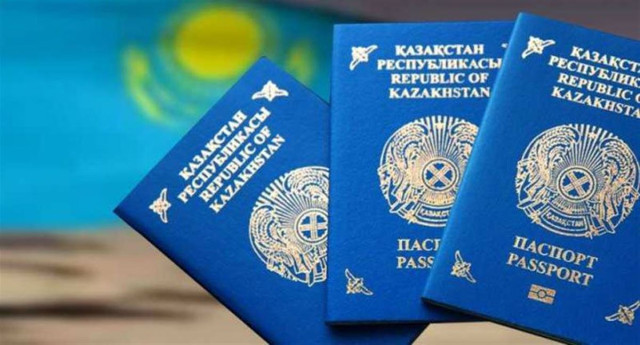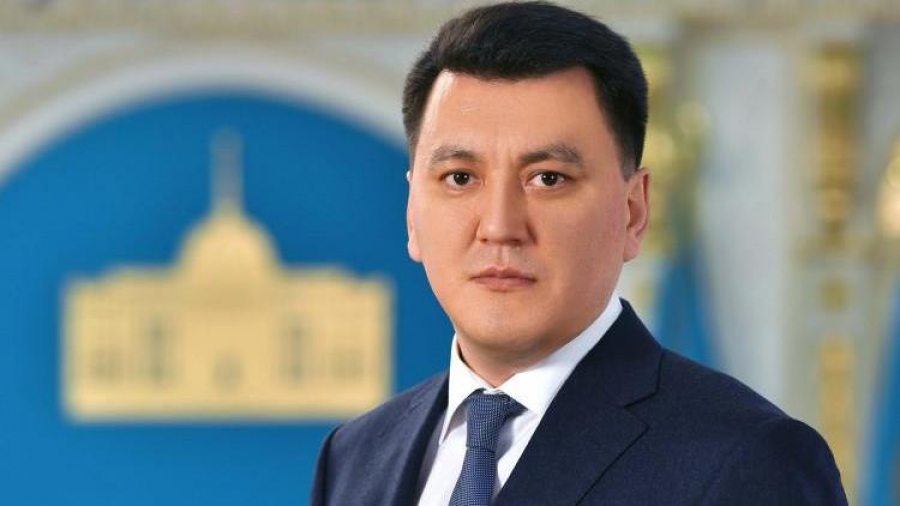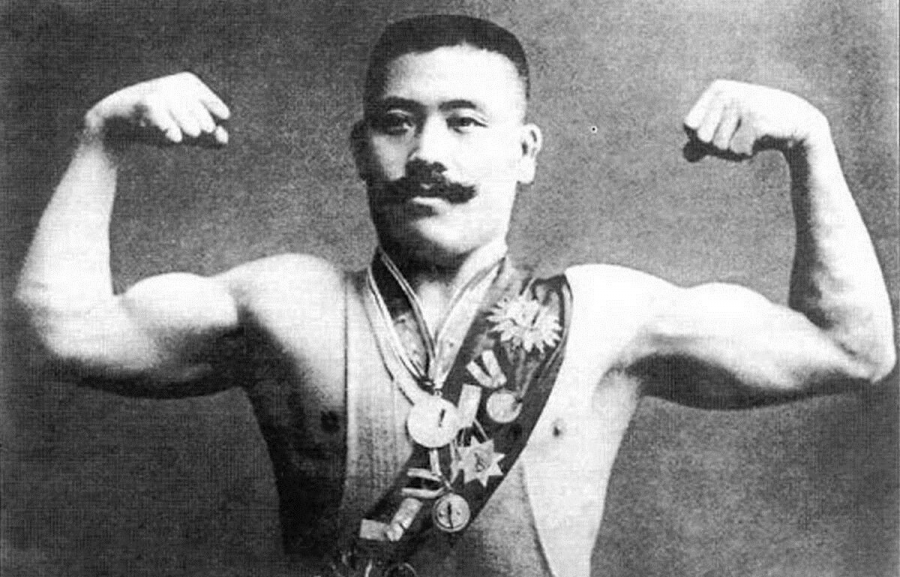
On August 29, the
world marks the International Day against Nuclear Tests, proclaimed by the
decision of the UN General Assembly at the initiative of Kazakhstan. The
corresponding resolution, also proposed by the country, was adopted. It calls
for increasing awareness and education of people ‘about the effects of nuclear
weapon test explosions and the need for their cessation as one of the means of
achieving the goal of a nuclear-weapon-free world.’ For Kazakhstan, August 29
is a historical date. On that day in 1991, the country’s First President
Nursultan Nazarbayev signed a decree closing the Semipalatinsk nuclear test
site. During the 40 years of its existence, at least 456 nuclear tests, which caused
enormous damage to the environment and, most importantly, human health, were
conducted there. The main tool to stop nuclear weapons testing is the
Comprehensive Nuclear-Test-Ban Treaty (CTBT) adopted by the UN General Assembly
in September 1996. Kazakhstan actively participated in the drafting and
adoption of the document and was one of the first countries to sign it. Over
the years, the country has become a well-known initiator of the struggle for a
world free of nuclear weapons in the global arena.









